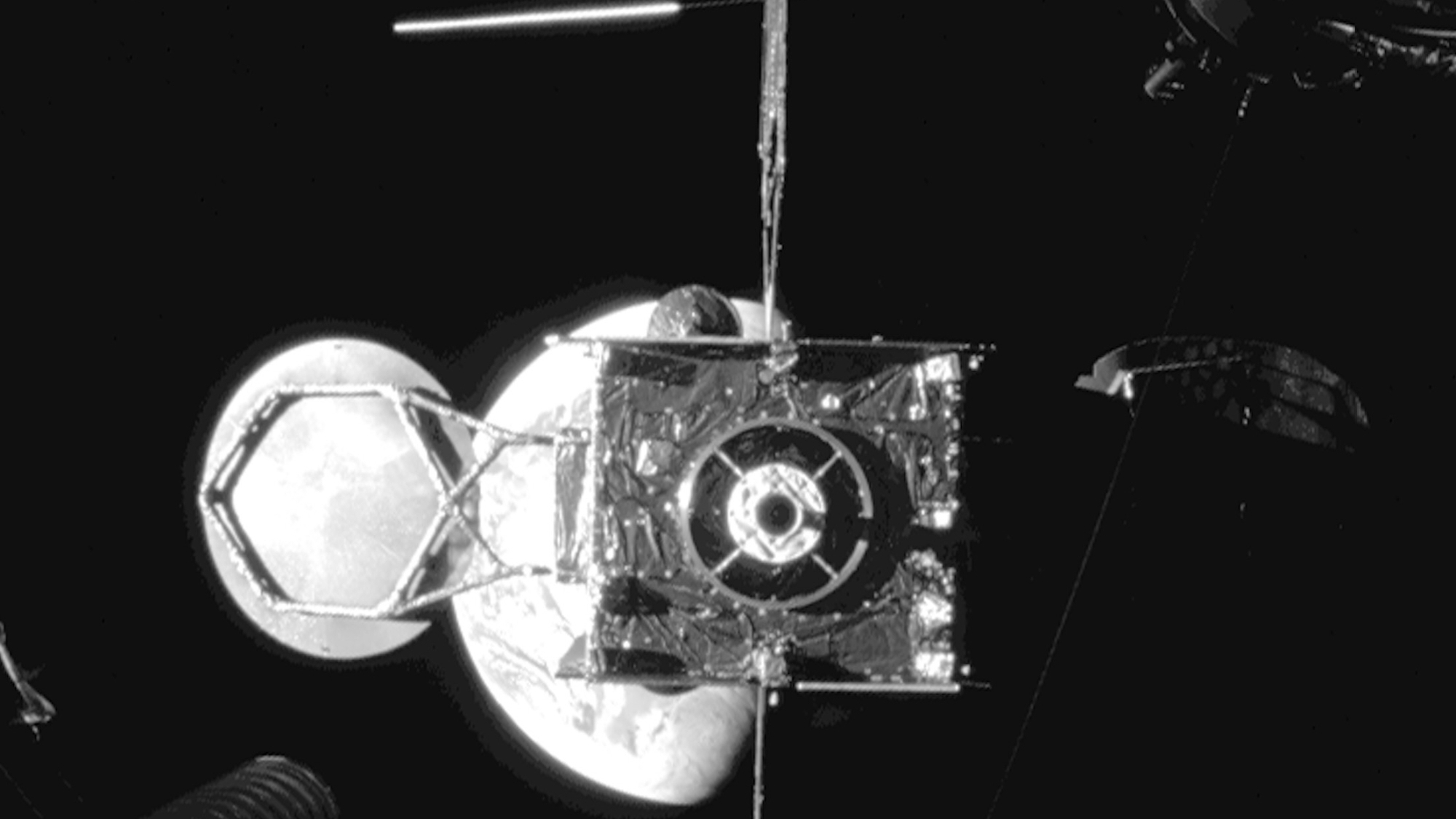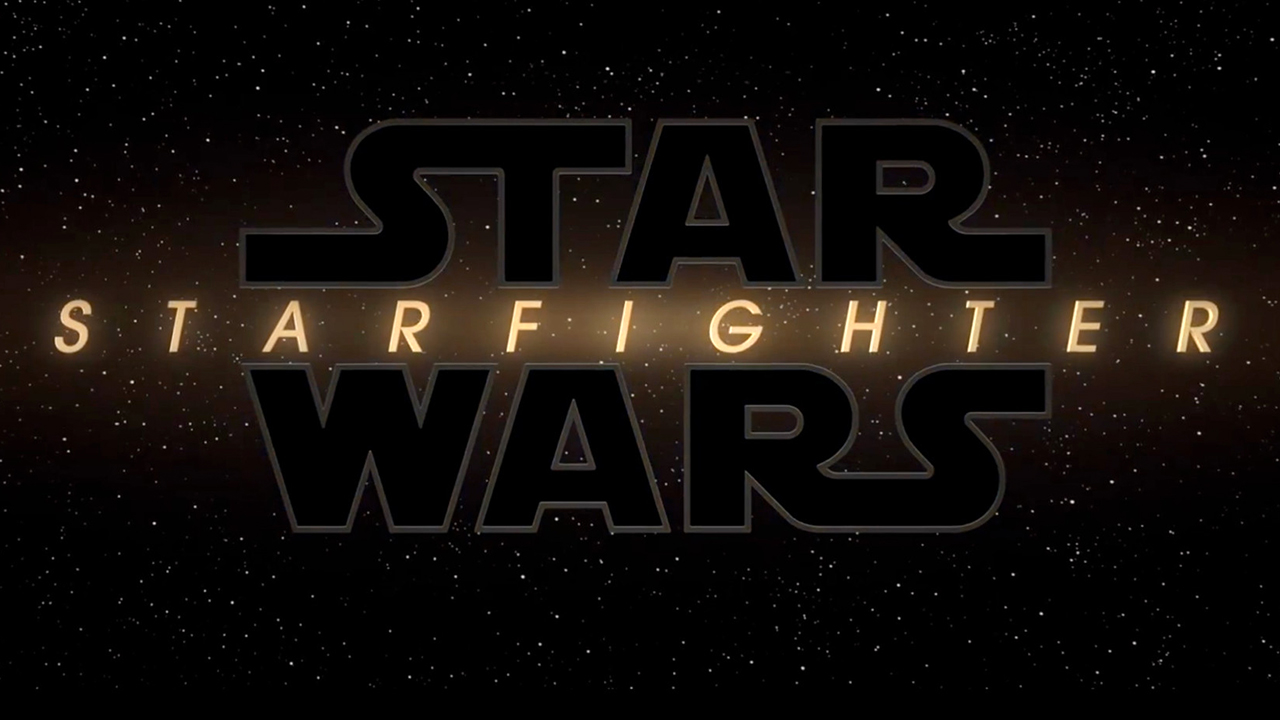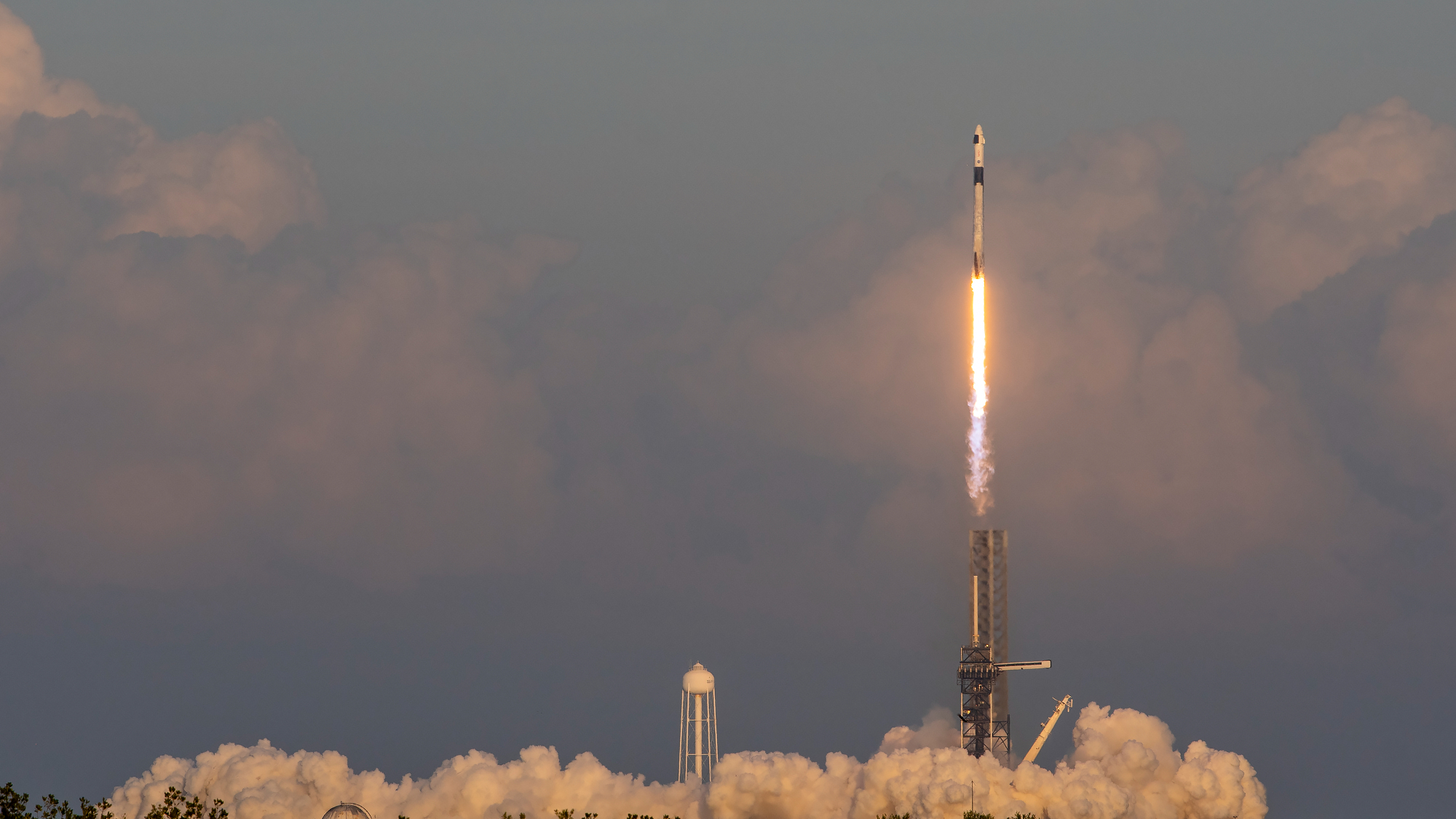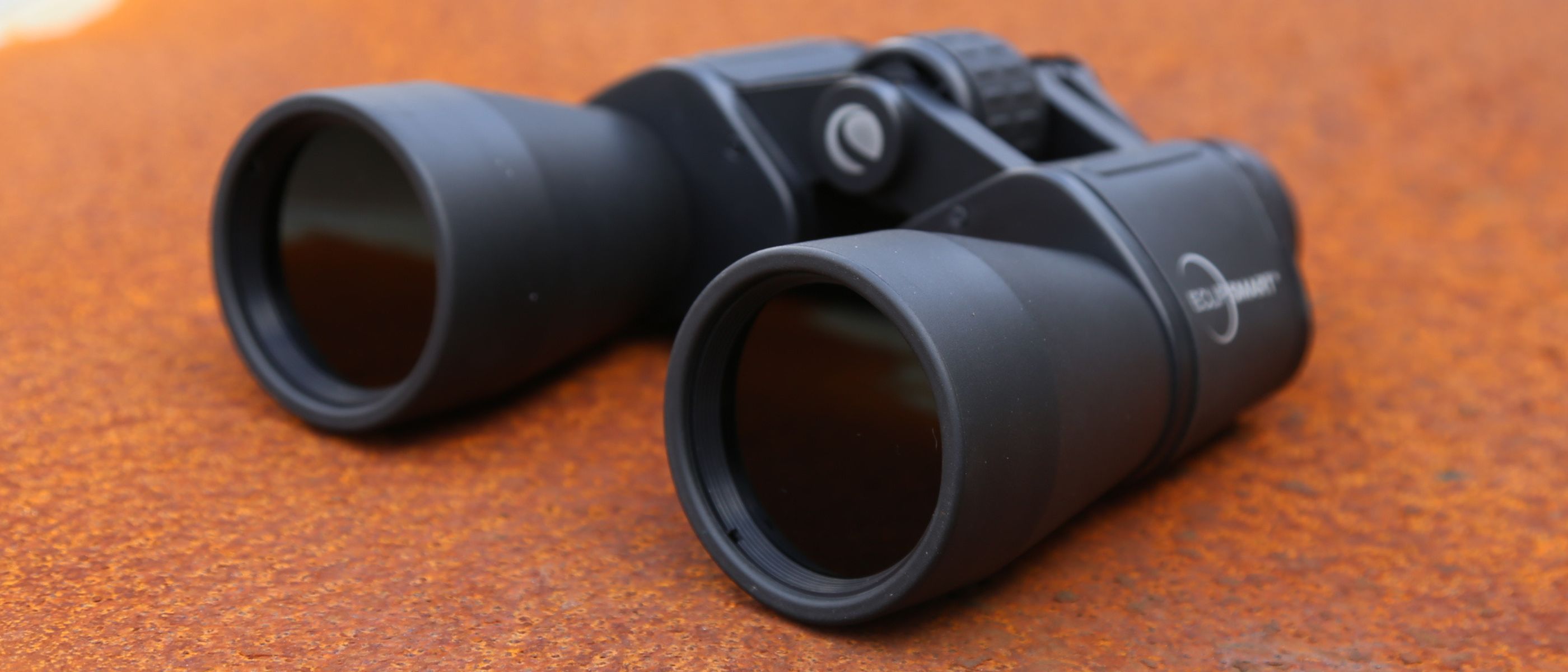You Can Watch 2 Rocket Launches and a Spacecraft Reach an Asteroid Monday!
NASA apparently likes to keep its Mondays exciting; tomorrow (Dec. 3), the agency will participate in a Soyuz crew launch to the International Space Station and oversee a spacecraft reaching its asteroid target, and that's all just one week after pulling off an incredible Mars landing. SpaceX will also launch 64 small satellites after multiple delays.
Best of all, NASA will be sharing the excitement with plenty of live broadcasts to fill the day, all of which you can watch live at Space.com, courtesy of NASA TV, or at the agency's website. Here's a complete list of what you can look forward to tomorrow.
Soyuz crew launch
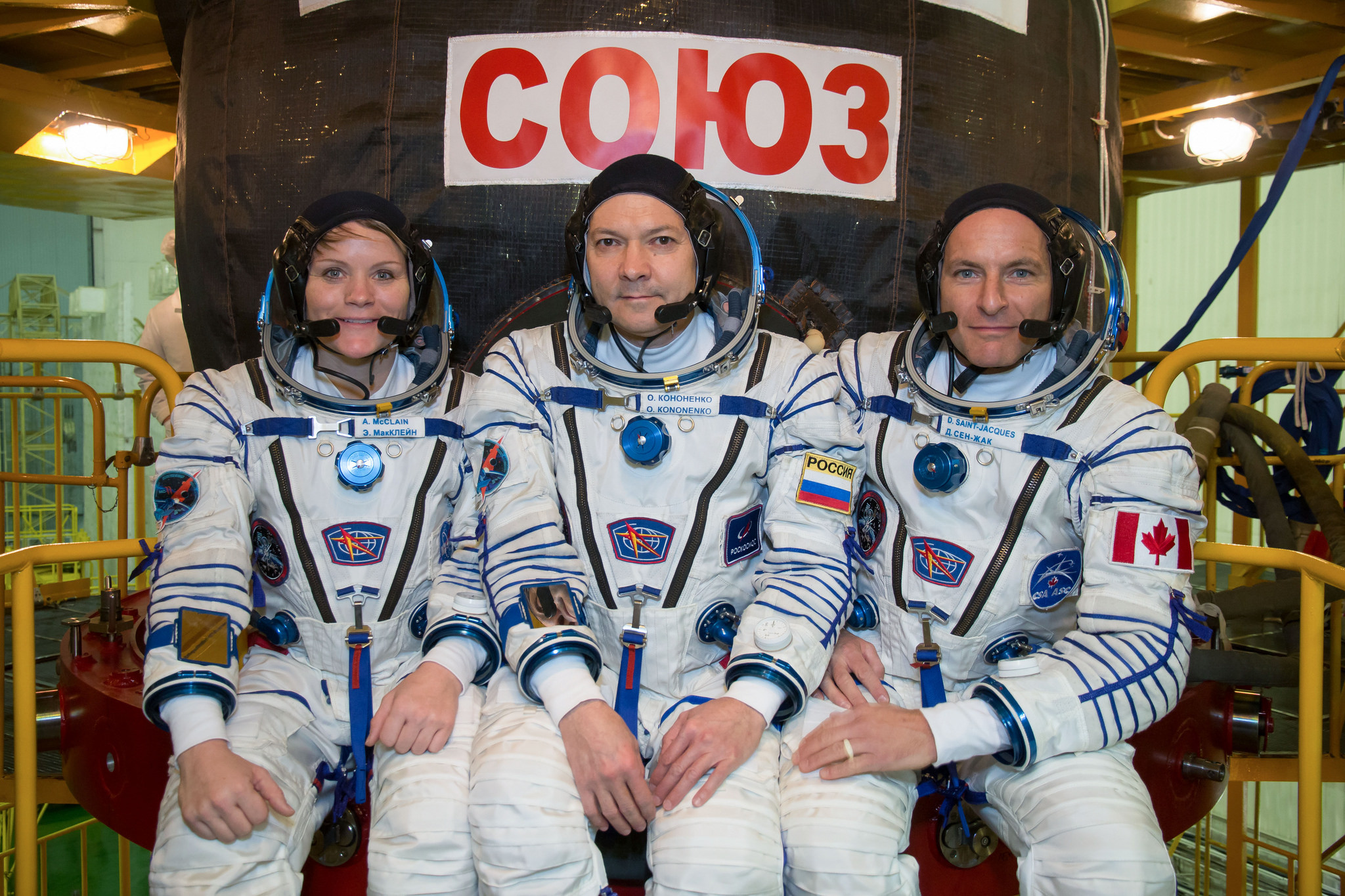
The day starts bright and early, at 5:45 a.m. EST (1045 GMT), with the beginning of NASA's coverage of the launch of a trio of astronauts to the space station from Baikonur Cosmodrome in Kazakhstan: Russian cosmonaut Oleg Kononenko, NASA astronaut Anne McClain and Canadian astronaut David Saint-Jacques. The astronauts will strap into a Soyuz capsule for a 6:31 a.m. EST (1131 GMT) blast-off time. [Expedition 57: The Space Station Mission in Photos]
The crew launch will be closely watched, as it is the first Soyuz journey since a rocket failure on Oct. 11 sent two astronauts hurtling back to Earth. The Russian space agency, Roscosmos, and NASA have both a expressed confidence in the investigation of that incident and the safety of the Soyuz system.
Asteroid arrival and space station docking
The next item on the schedule makes for a real double feature: At the same time as those astronauts reach the space station, NASA's OSIRIS-REx spacecraft will reach its target, an asteroid called Bennu. The mission is designed to uncover secrets of the early solar system, by orbiting and landing on Bennu and eventually bringing a sample of the asteroid back to Earth.
Both the space station arrival and the Bennu approach will be broadcast at 11:45 a.m. EST (1445 GMT), with the space station docking on NASA's media channel and the OSIRIS-REx arrival on the main channel. The Space.com homepage will feature OSIRIS-REx, but we'll also have the docking available on our webcasts page.
SpaceX Falcon 9 rocket's 3rd flight!
In the second rocket launch of the day, SpaceX will attempt its much-anticipated launch of 64 small satellites, in a launch that has been foiled by the threat of bad weather and extra booster checks. The launch will mark the the first time a Falcon 9 first stage has flown three times, as well as set a new record for SpaceX launches in a single year (19 and counting). That launch is now scheduled for 1:32 p.m. EST (1832 GMT), with broadcast coverage at Space.com and the company's website likely beginning about 15 minutes before lift-off.
Get the Space.com Newsletter
Breaking space news, the latest updates on rocket launches, skywatching events and more!
And if you haven't had enough of space broadcasts after those events, never fear — NASA has one more up its sleeve. At 2:35 p.m. EST (1935 GMT), the hatch between the space station and the newly arrived Soyuz capsule will open, letting the trio of fresh astronauts join their colleagues in the orbiting laboratory. Coverage of that event will begin at 1:45 p.m. EST (1845 GMT).
Oh, and SpaceX is launching a cargo shipment to the space station the very next day (Dec. 4) at 1:38 p.m. EST (1838 GMT) — in case you still didn't have quite enough space excitement on your calendar. So on Monday, NASA will hold two prelaunch briefings: a science briefing on the experiments on board starts at 9:30 a.m. EST (1430 GMT), with a mission briefing scheduled for 3:30 p.m. EST (2030 GMT).
Email Meghan Bartels at mbartels@space.com or follow her @meghanbartels. Follow us @Spacedotcom and Facebook. Original article on Space.com.
Join our Space Forums to keep talking space on the latest missions, night sky and more! And if you have a news tip, correction or comment, let us know at: community@space.com.

Meghan is a senior writer at Space.com and has more than five years' experience as a science journalist based in New York City. She joined Space.com in July 2018, with previous writing published in outlets including Newsweek and Audubon. Meghan earned an MA in science journalism from New York University and a BA in classics from Georgetown University, and in her free time she enjoys reading and visiting museums. Follow her on Twitter at @meghanbartels.




